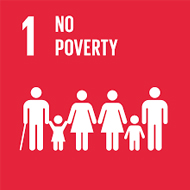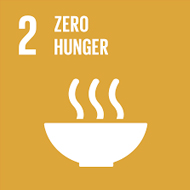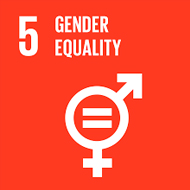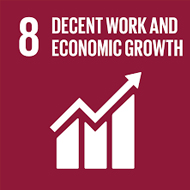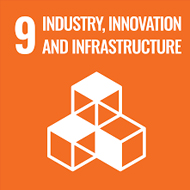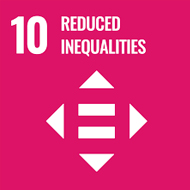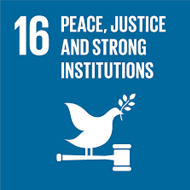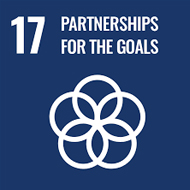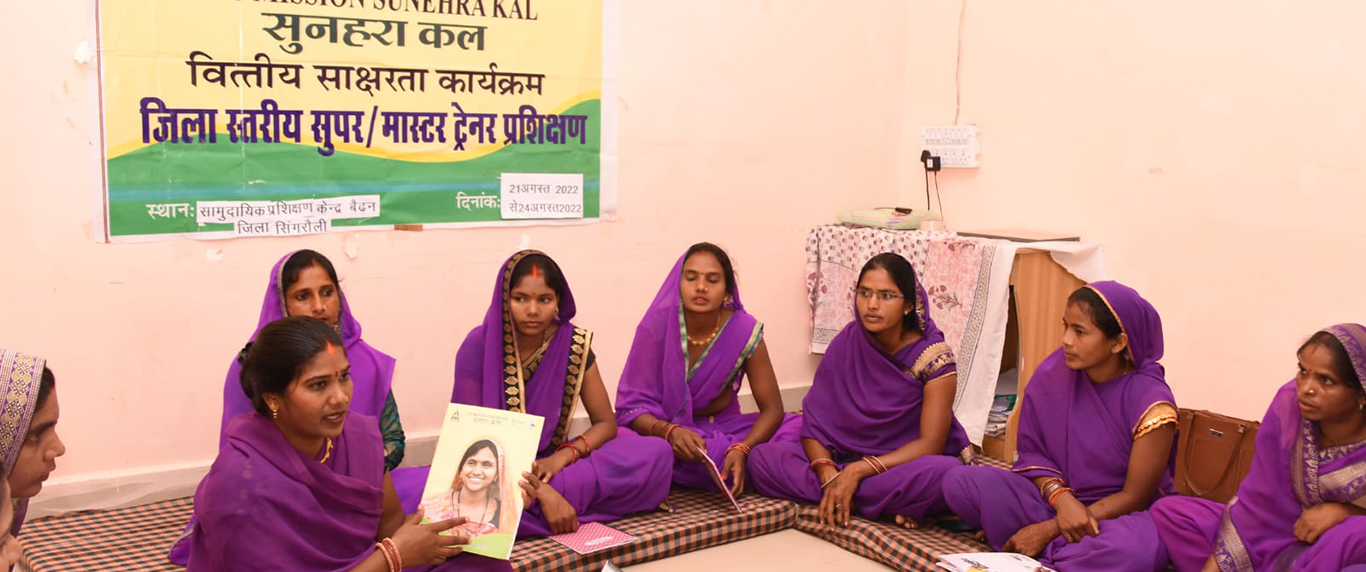
The development journey of any nation is closely interlinked with the empowerment of its women. Women, especially disadvantaged women in rural areas, remain the invisible backbone of society, despite their contribution to households and the economy. Challenges - such as inadequate education, limited opportunities for skills training, inadequate access to financial institutions and restrictive social norms - mean that low-paying labour is often their only option in life.
ITC's Women Empowerment Programme seeks to support women in breaking some of these barriers and in fully realising their potential as catalysts of social change. The Company's approach to women's empowerment goes beyond a single specific intervention; multiple initiatives in play seek to help women realise their entrepreneurial potential through skilling, employment opportunities and participation in community-based institutions.
Women are at the core of all of ITC's Social Development Programme. The Programme's two-horizon approach aims to strengthen current livelihoods and build capabilities for the future, for the overall holistic development of marginalised and vulnerable communities - with special focus on women.
Together, the four pillars provide a range of gainful entrepreneurial opportunities to underprivileged women. In addition, they are supported by financial assistance in the form of loans and grants, as well as strong market linkages to ensure long-term sustenance.
Under this programme, ITC aims to provide women with opportunities to earn independent incomes, helping to strengthen their position as decision-makers in their families and communities.
ITC's two-year Ultra-Poor Women Graduation Programme focuses on socio-economic inclusion through entrepreneurship for ultra-poor women-headed families living in extreme poverty, where a woman is the sole earning member.
